La dolce vita, Blue Zones and protecting brain health, with Annie Fenn, MD
The author of The Brain Health Kitchen shares her Mediterranean-inspired lifestyle and eating tips for brain-healthy living in midlife.
I’m so, so happy to welcome to the MBE to share her wellbeing wisdom (and a dose of much-needed Blue Zone sunshine) this Thursday morning!
I’ve been a fan of Annie’s popular, info-packed Substack for over a year, after discovering her gorgeous cookbook of the same name.
With a newsletter as colourful and inspiring as her recipes, Annie’s on a one woman mission to help us protect our cognitive health, through lifestyle and food, in ways that feel doable (and delicious).
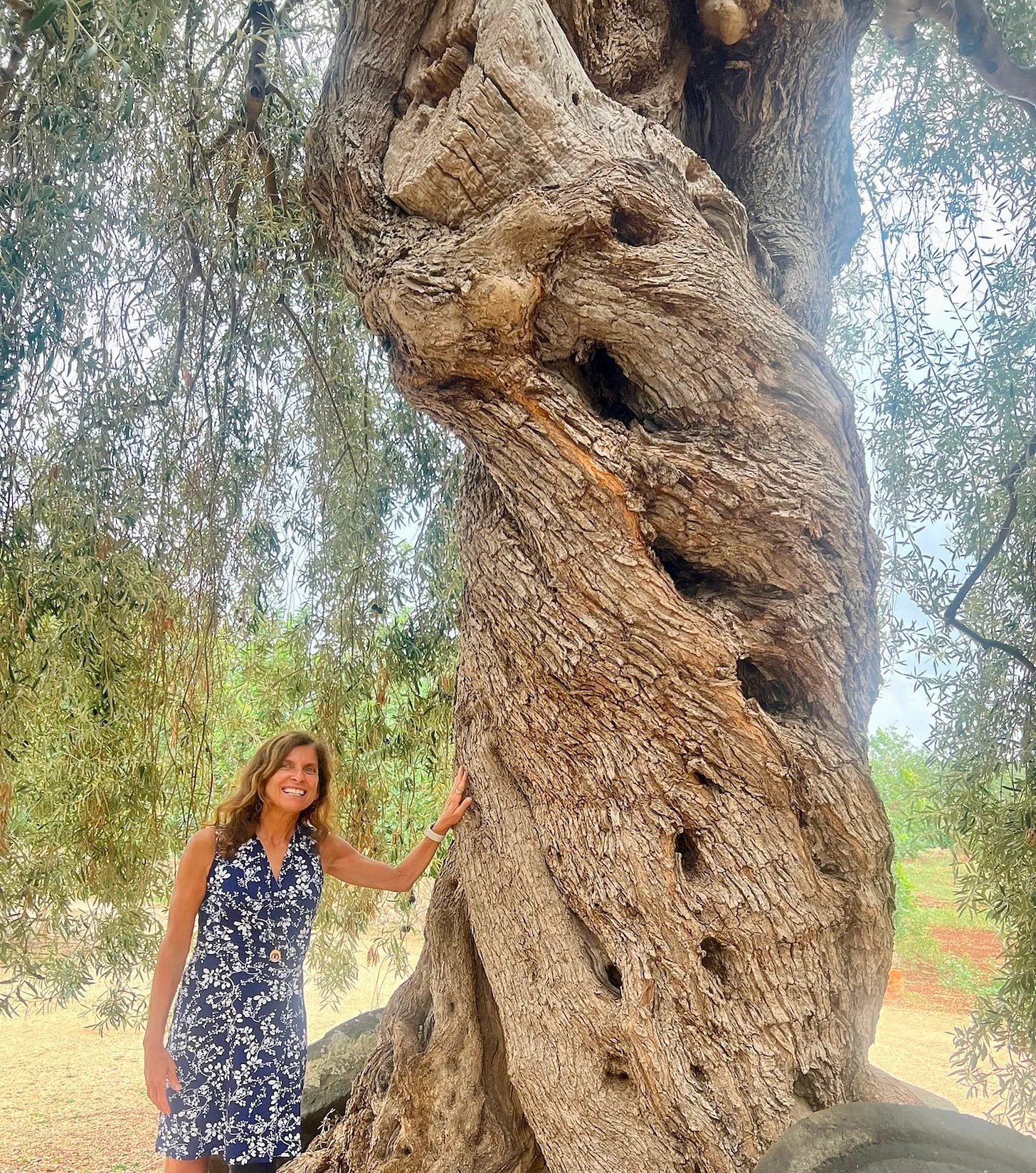
Annie practiced obstetrics and gynecology for over 20 years, before devoting her attention to “culinary medicine” and its impact on brain health, following her beloved late mother’s Alzheimer’s diagnosis. She’s just back from hosting one of her popular Brain Health Retreats in Costa Rica, an official Blue Zone, where her guests included , cognitive neuroscientist and fellow Substacker at .
Annie also hosts her Brain Health Retreats in Italy, where she teaches on the science behind the Mediterranean diet, and Blue Zone-renowned lifestyle habits.
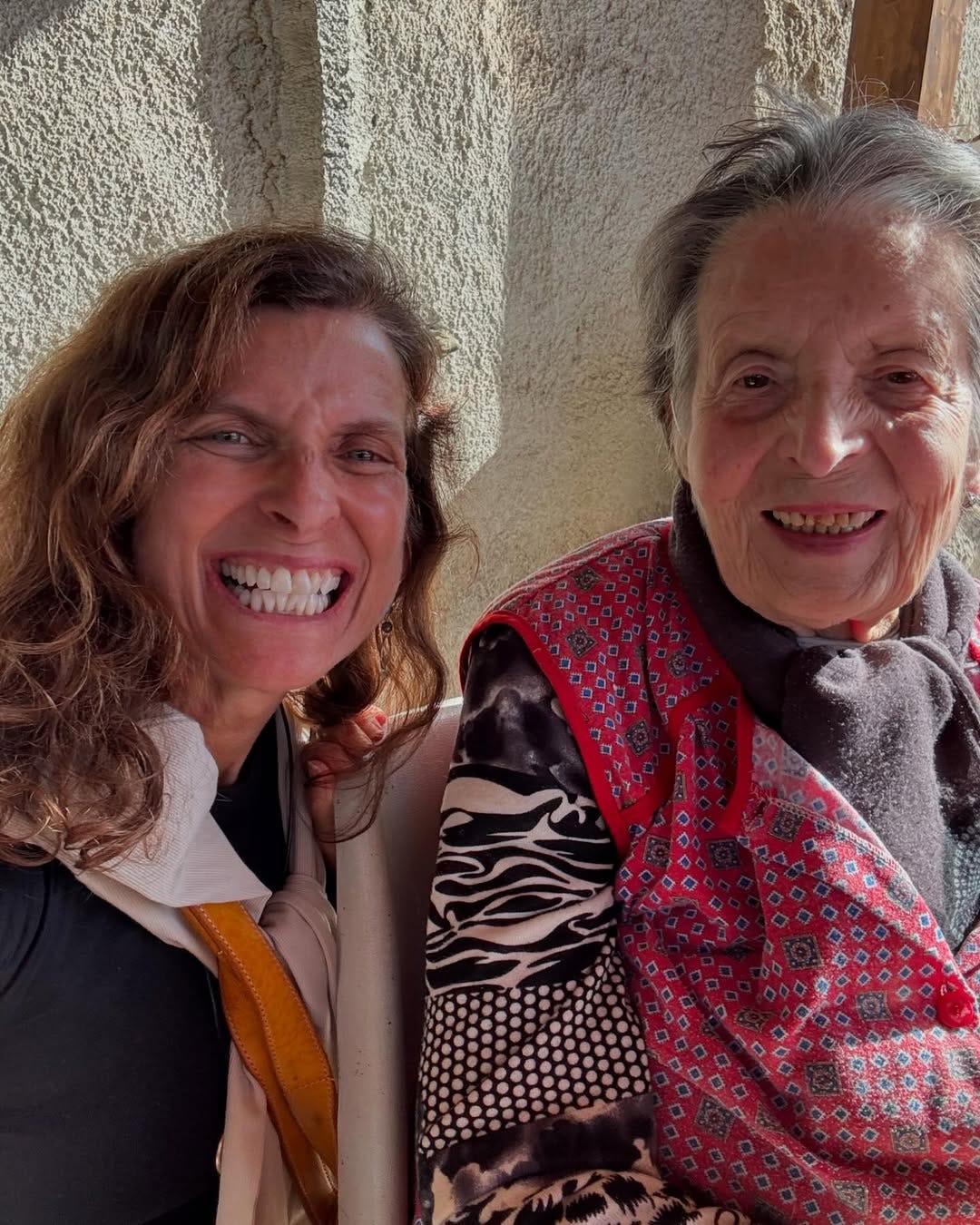
Read on for Annie’s exclusive chat with the MBE on brain-healthy eating, moving, sleeping and more in midlife.
In your experience, Annie, are a lot of women in midlife, specifically, becoming more interested in brain-healthy lifestyle and eating habits?
Yes, absolutely. Midlife women make up the majority of my readers here on Substack. But I am happy to see more men join, too, as well as younger adults. Much of the research points to the midlife years as being a crucial (and effective) time to make lifestyle changes that slow brain aging.
But there is also research that shows starting these habits as young adults sets one up for better long-term brain health, too.
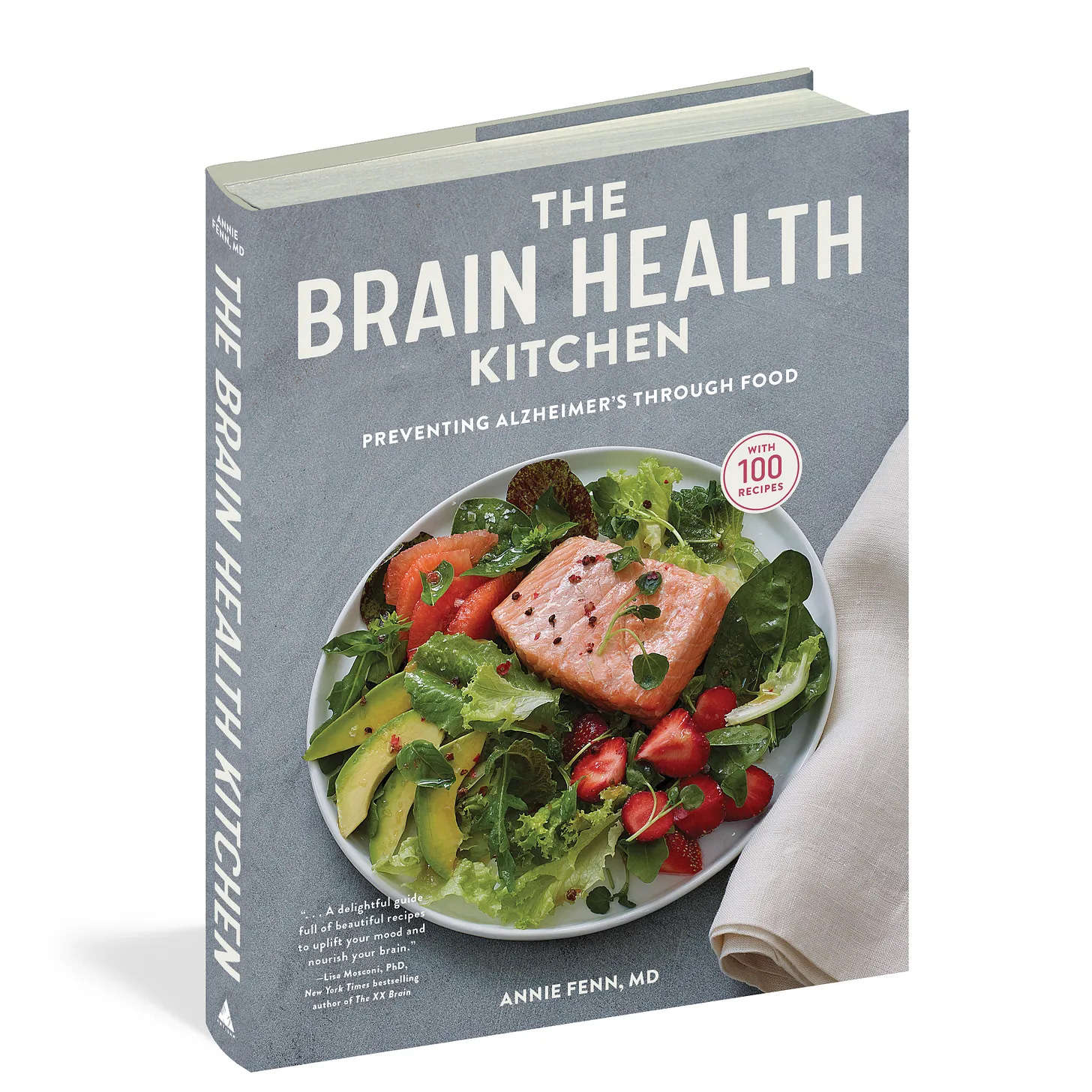
What are the main, brain-healthy lifestyle ‘pillars’ to keep in mind?
I think of brain-healthy living as a stool with four legs; brain-healthy eating and exercise are the foundation, the seat, but they need these 4 things to support them: social connection, sleep, stress mitigation, and preventive medicine.
There are many ways to approach brain healthy eating, and I like to emphasise that, for a lifelong eating pattern to be sustainable, it must be a good individual fit. This means that how you eat is in agreement with what you like to eat and takes into account whether one likes to cook (or just assemble good quality ingredients). It fits with your budget and your food roots. sometimes it's helpful to look at the traditional foods your relatives ate (you may need to go back a few generations).
Can you break down some easy ways we can work Mediterranean eating and lifestyle habits into our everyday lives?
All of the scientifically proven brain-protective dietary patterns are spin-offs of the Mediterranean diet. Part of its success is that it's not a diet at all; it's a lifestyle. Food is enjoyed in the company of others, in concert with physical activity (like taking a walk after lunch or dinner, a common practice in Mediterranean cultures).
The success of this approach lies more in the pattern than the actual foods (although Mediterranean foods like olives and capers are really good for you since they provide flavonoids, which are potent brain health nutrients.)
The Mediterranean diet is mostly plant based, and so it provides plenty of fibre from vegetables, leafy greens, legumes, nuts and seeds. When someone eats a lot of fibre-rich foods, they are less likely to have blood sugar or cholesterol problems, which can be risk factors for developing dementia later. Plus, the foods are more satiating and so help one maintain a healthy weight.
The medi diet also provides the right composition of fats—mostly mono–and polyunsaturated fats. I call these the brain-friendly fats, and you get them from extra virgin olive oil, fish and seafood, nuts and seeds, and some grains.
According to your research, what are some of the foods we might consider cutting back on, to help protect our cognitive health?
Just like we now know why certain food groups slow down the aging of the brain, we have discovered why others accelerate cognitive decline. My list of 6 food groups to limit or avoid is based on the research on the Mediterranean diet, the MIND diet, and what we've learned lately about the brain impact of ultra-processed foods and alcohol. I recommend limiting or avoiding: fried and fast food; pastries and sweets; dairy, especially processed dairy products;.ultra processed foods; sweetened and artificially sweetened drinks, and alcohol.
There is ample scientific evidence to say that foods high in sugar and saturated fat, like most ultra-processed foods, erode at our brain health over time. And, since the UK Biobank study published in 2021, we now know that moderate drinking of alcohol accelerates brain shrinkage. Fom a brain health perspective, it is best to drink lightly (under 6 alcoholic beverages a week) or not at all.
And what about sleep, as part of the picture?
Getting enough good quality sleep is extremely important for brain health and becomes more elusive with age. Eating too close to bedtime can prevent the brain from going into key sleep cyles, especially when alcohol is involved.
I advise finishing the last meal of the day at least 3 hours before going to bed. By midlife, most people know how caffeine intake affects sleep, but it's worth noting that the caffeine in midday coffee or tea can still be in the bloodstream 12 hours later. Knowing one's "caffeine curfew" is key.
Do you have any favourite forms of movement, Annie, to help you stay strong and mobile?
I like to do activities that are fun and social, like hiking, walking, skiing, and biking with friends. I am also dedicated to strength training three times a week. I view this as "me-time"; I get to watch what i want on Netflix, read or listen to a good book, or spend the time just thinking away from my computer and desk.
Can you tell the MBE community more about your Brain Health Retreats, and do women of all ages attend?
Yes! I've been taking people on educational vacations since 2015. These brain health retreats are culinary and cultural deep-dives into places where people tend to live a long time, and well. Places like the Blue Zone of Sardinia, Italy and less-traveled parts of Sicily.
We have the best time learning from locals about how they eat and live, all while creating a plan to bring a little of this vibe back home to our own lives.
Huge thanks to Annie for being our guest at the MBE! For more, head to Brain Health Kitchen—some links below, to give you a taste.
Thanks so much for reading, and for hitting ❤️ below posts, which really helps spread the word about the MBE (and )—it’s so appreciated!




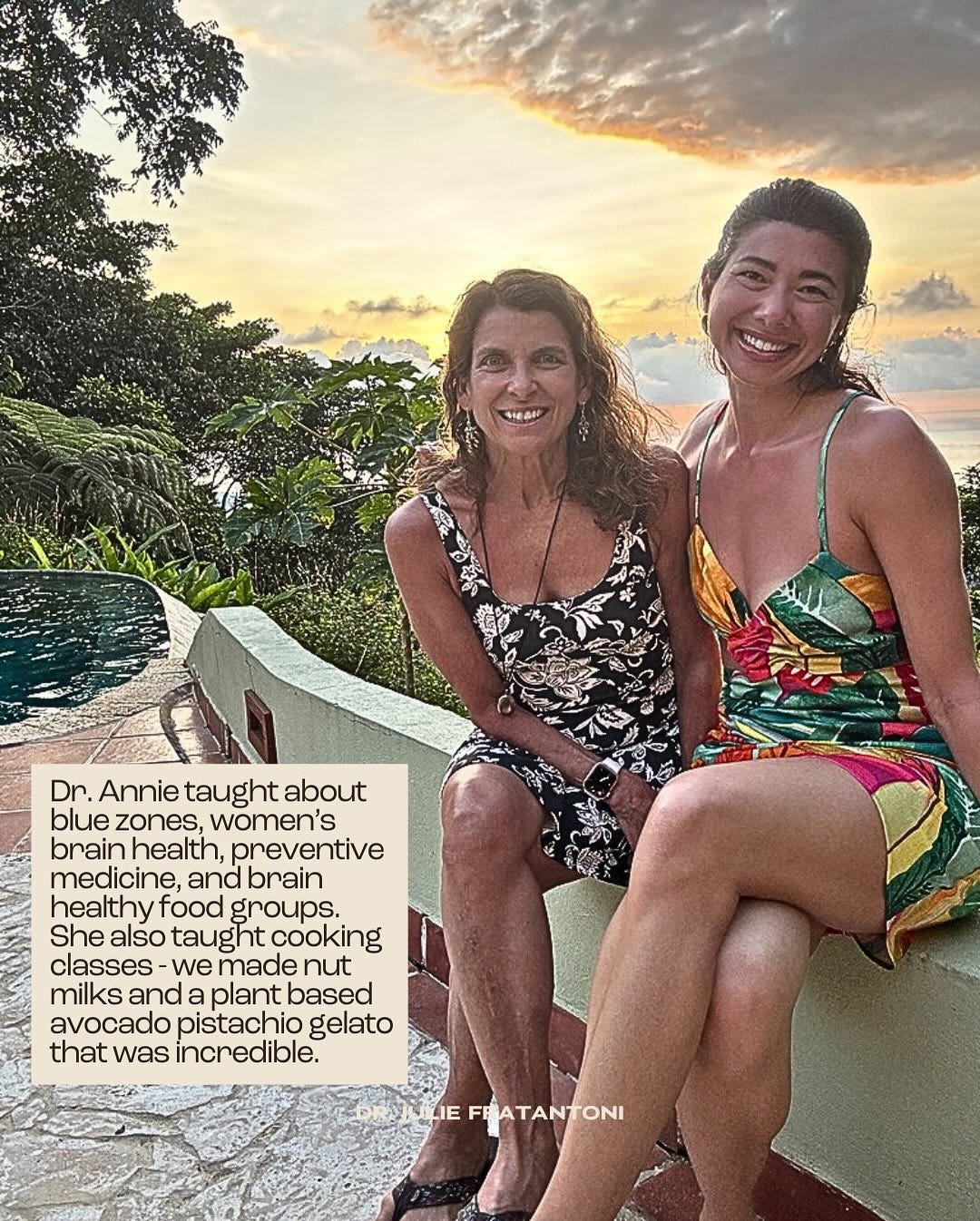
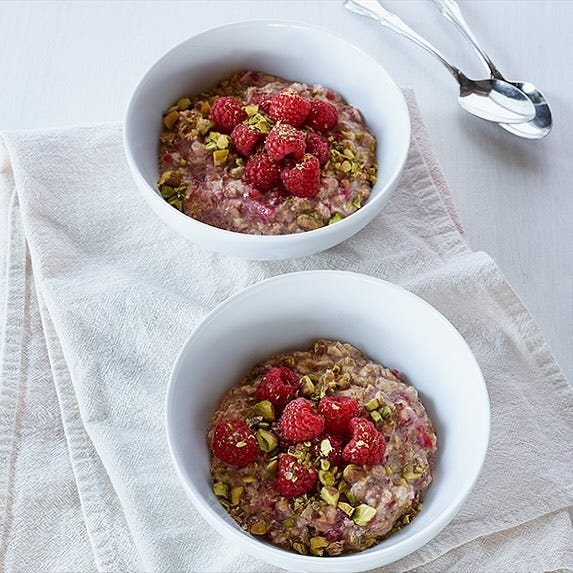
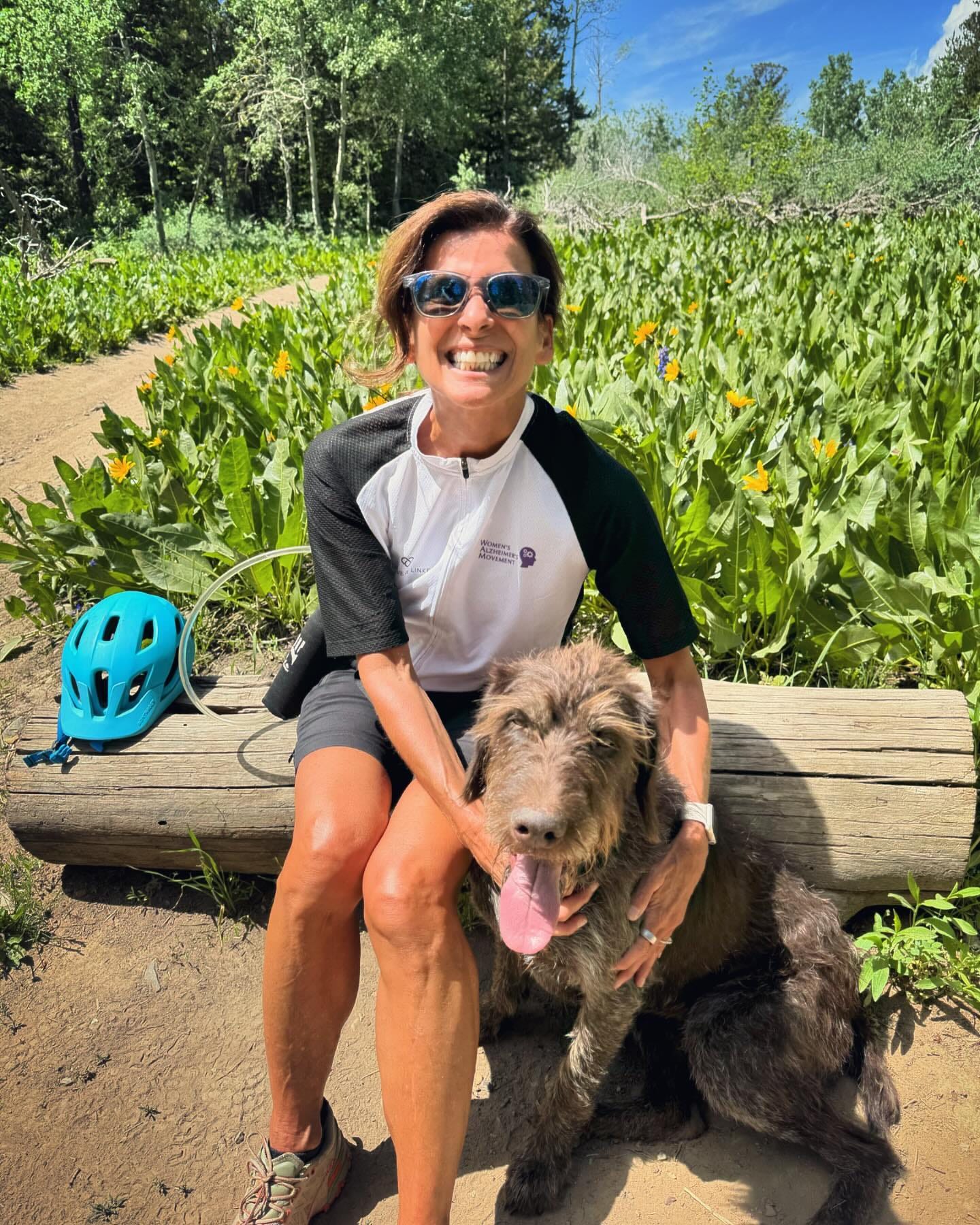
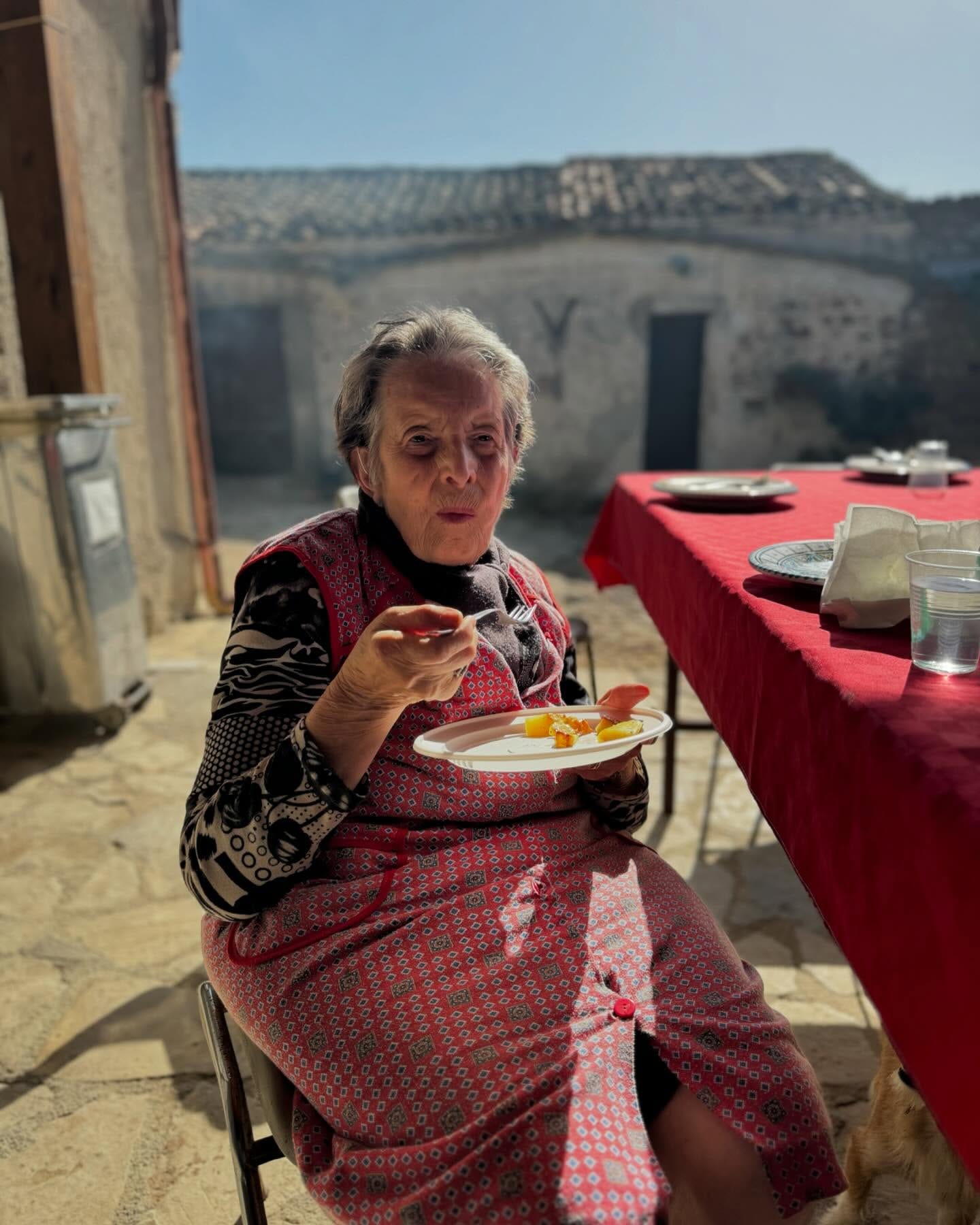
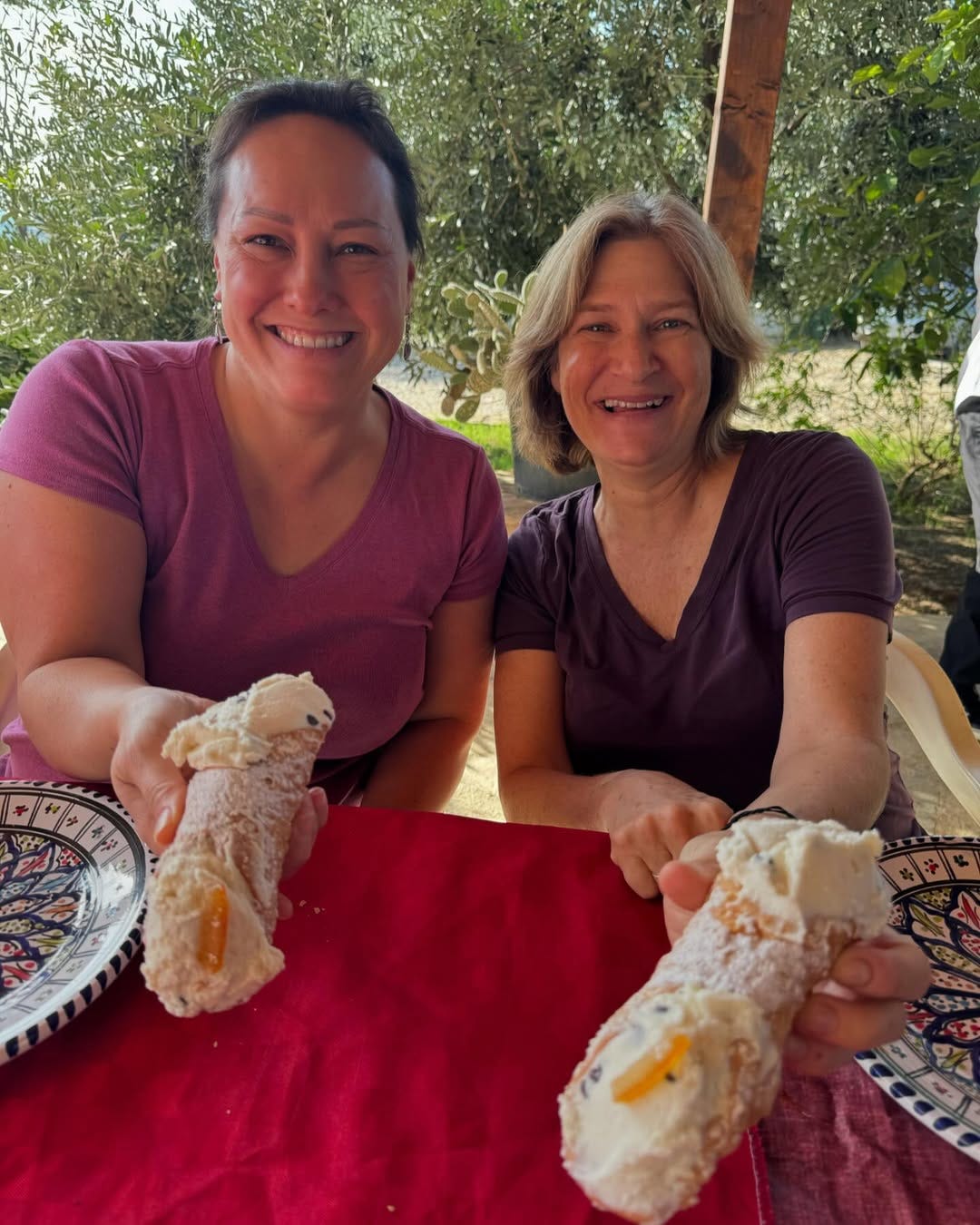
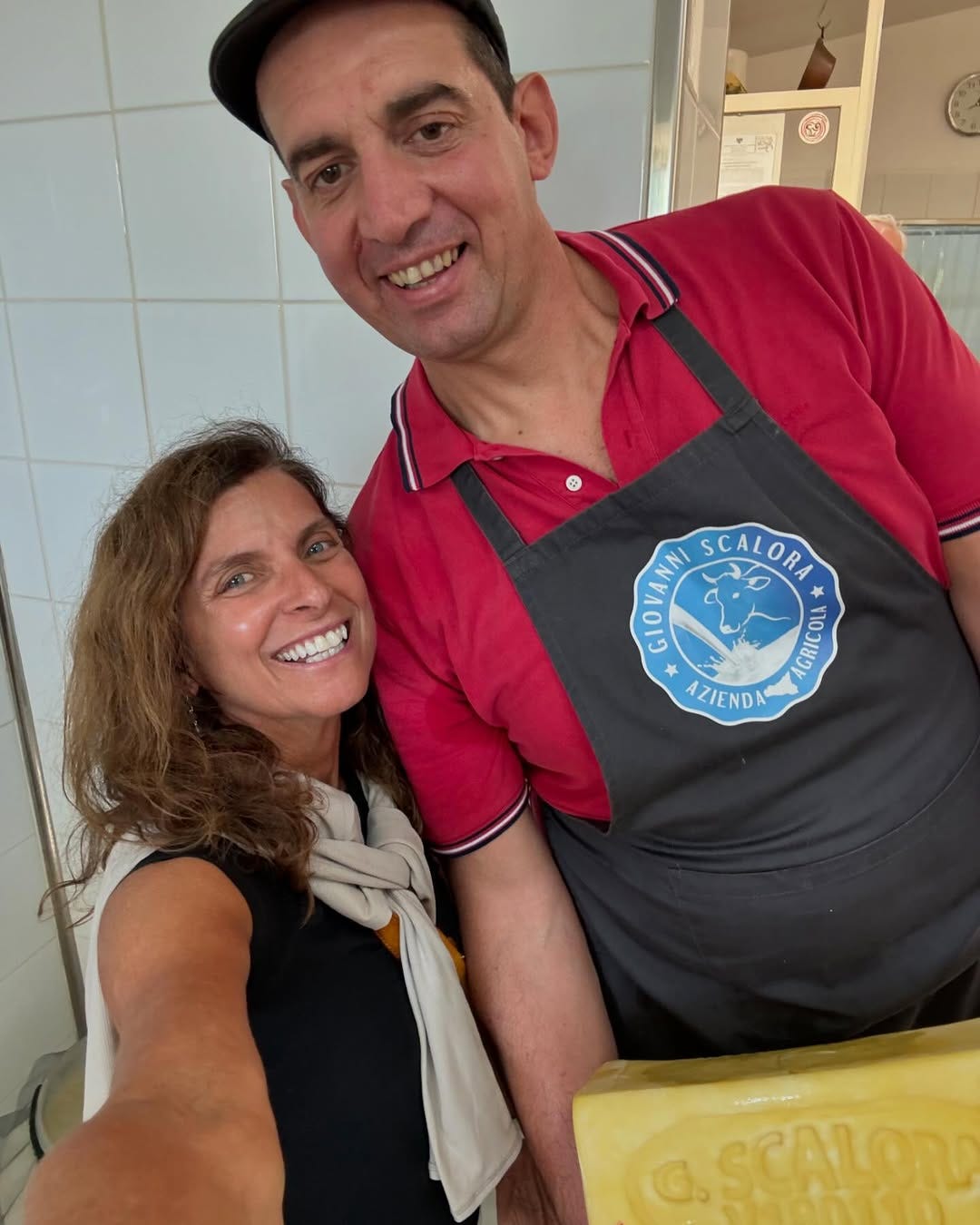


I loved all the information here! Thank you for sharing. I remember that awhile back you had recommended her cookbook, so I need to buy it. We can all use help on how to age well!
While I love the phrase "caffeine curfew" I don't always adhere to it...eek. But I love what continues to come out of research about the effects of alcohol. As a teetotaler (save for an annual outing with champagne), I can't say enough how much I feel menopause and aging overall have been positively impacted by my lack of imbibing.
Thank you for sharing Dr. Fenn's wisdom and The Brain Health Cookbook!